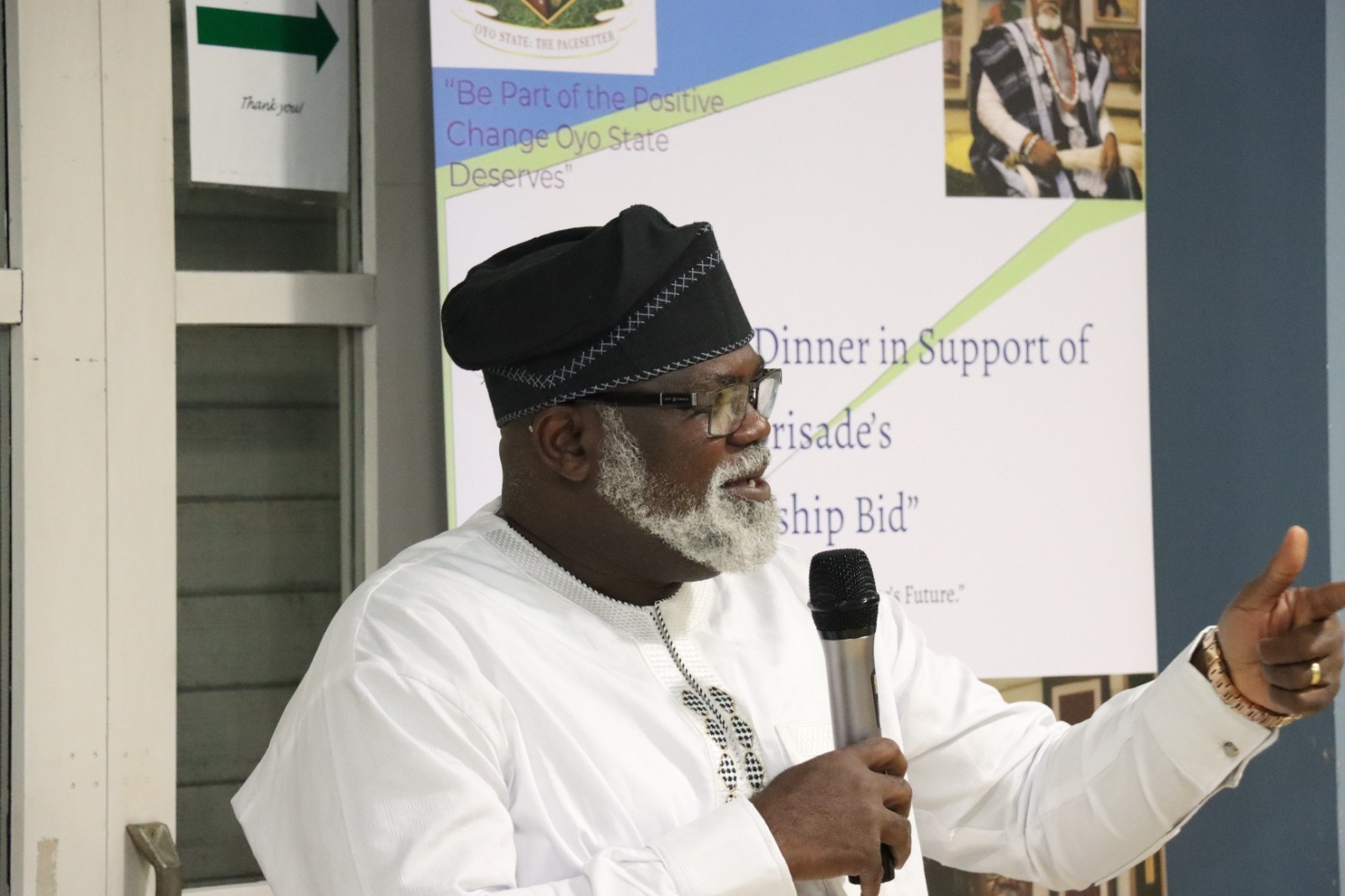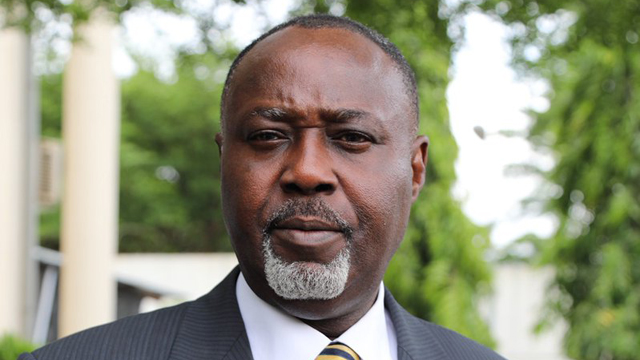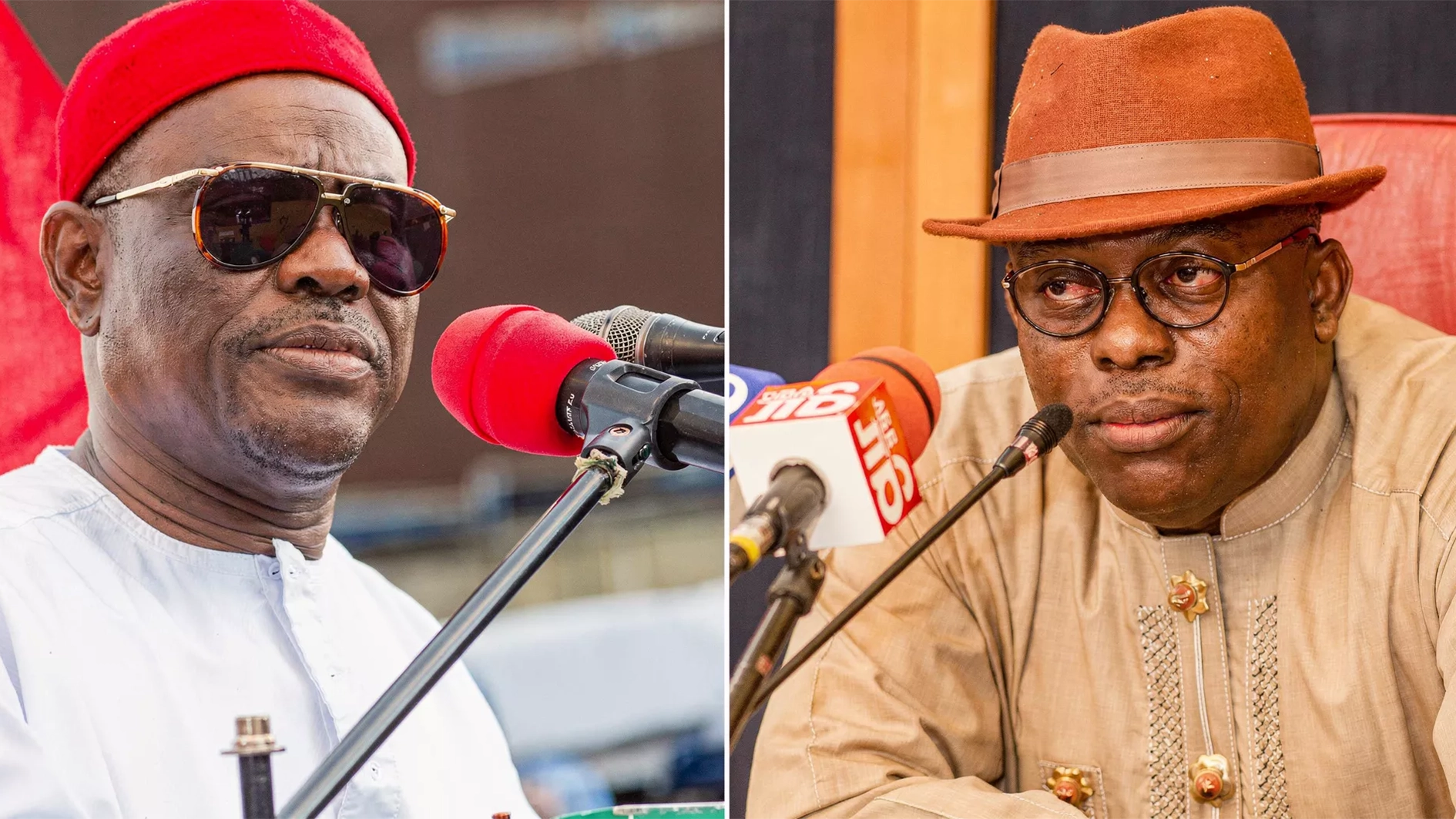 An expert in Diasporic Communications and Professor of Commuications, Abiodun Adeniyi in an interview with GuardianTV, has said that the growing influence of the Alliance of Sahel States (AES) could reshape Africa’s political future.
An expert in Diasporic Communications and Professor of Commuications, Abiodun Adeniyi in an interview with GuardianTV, has said that the growing influence of the Alliance of Sahel States (AES) could reshape Africa’s political future.
The alliance, which includes Mali, Burkina Faso, and Niger, has emerged in response to the series of military coups that have rocked West Africa between 2021 and 2023. This political shift, particularly in the face of ECOWAS’ stern response to the coups, according to a school of thought, has prompted the formation of AES as a regional bloc seeking autonomy and sovereignty.
Professor Adeniyi noted that the motivations behind the creation of AES are a mixture of protectionism, national pride, and the desire for greater independence from foreign influence.
“Once these factors come into play, there is always the likelihood of external interventions from global powers,” Adeniyi explained.
The professor pointed out that while ECOWAS has traditionally been the leading force for regional stability, its aggressive stance, particularly the threat of military action against Niger, has raised questions about the bloc’s future approach to diplomacy.
He argued that ECOWAS had made a strategic error by openly threatening military intervention. He stressed that diplomacy should take precedence in sensitive situations to prevent conflicts, loss of life, and economic setbacks.
“In international diplomacy, you never drop your final option at the beginning,” Adeniyi remarked, calling for a more thoughtful and measured response from regional bodies.
Despite the tensions between AES and ECOWAS, Adeniyi acknowledged that the AES countries’ push for autonomy could lead to significant political and economic benefits.
He emphasised that if the AES nations were able to sustain progress in GDP growth and governance, their breakaway from ECOWAS might not be as detrimental as initially feared.
“If these countries continue to make progress independently, their exit from ECOWAS could prove to be beneficial,” he said.
At the heart of the political shifts in the region lies the growing resistance to neocolonialism, particularly to France’s historical influence in its former colonies.
Many of the recent coups were marked by anti-French rhetoric, with AES countries expelling Western forces and canceling military agreements.
However, in a move that has raised questions about Africa’s independence, these nations have turned to Russia for new partnerships. Adeniyi observed the contradiction in this approach, highlighting that while AES countries are expelling one foreign power, they are simultaneously inviting others.
“This shows that Africa may never be fully independent from external influence, especially in an era of globalisation,” he said.
Looking to the future, Adeniyi also pointed to opportunities for African nations through strategic partnerships like Nigeria’s recent inclusion in the BRICS group.
He cautioned, however, that these agreements must be approached with caution to avoid exploitative relationships.
“The key issue is ensuring that such agreements are balanced, respectful, and beneficial to African nations,” he explained.
He, however, opined that the sustainability of AES remains uncertain, and Africa’s future will ultimately depend on its ability to prioritise peace, good governance, and economic stability.






